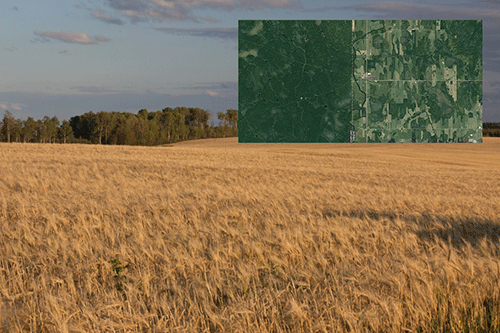Agreed. The lack of federal response here is glaringly obvious. So many resources should’ve been on hand long before evacuation was necessary.
Yellowknife is a city, im not saying we shouldn’t devote resources to protecting towns too but evacuating an entire city and potentially losing it is not feasible.
Wikipedia image of skyline for context:
View attachment 500608
Is it a huge city? No. But that’s a lot of infrastructure you do not want to lose. It’s the largest city in the territory and basically the only place that actually has many of the everyday things we take for granted around here. It’s also extremely overbuilt as a result.
The fact that it’s even possible we could lose a city like this is absurd. All the stops should’ve been pulled out and resources moved to defend the city rather than just tell everyone they have to leave and more or less just let the fire burn free.










